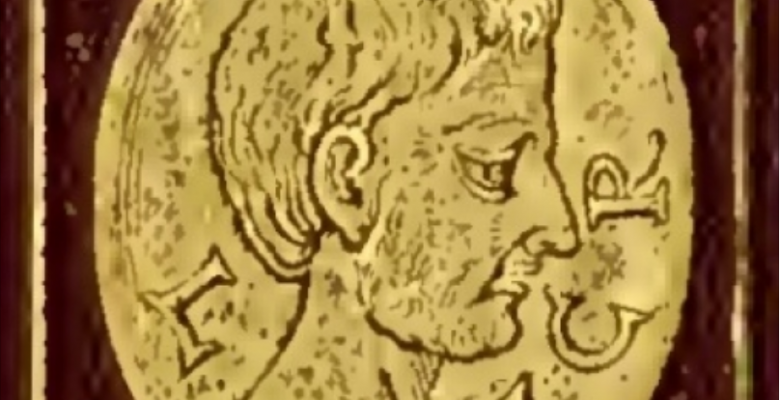Lucretius Today Podcast Episode 306 – Is A Life That Is 99% Happy Really Happy?
# Episode 306 – Is A Life That Is 99 Percent Happy Really Happy?
Listen to “Episode 306 – Is A Life That Is 99 Percent Happy Really Happy?” on Spreaker.
Issued Discussed in This podcast include:
1. Is Perfect The Enemy Of The Good?
2. Does Fortune Or Wisdom Rule The life Of Man?
3. Is It Better To Be Lucky Or Smart?
Welcome to Episode 306 of Lucretius Today. This is a podcast dedicated to the poet Lucretius, who wrote “On The Nature of Things,” the most complete presentation of Epicurean philosophy left to us from the ancient world. Each week we walk you through the Epicurean texts, and we discuss how Epicurean philosophy can apply to you today. If you find the Epicurean worldview attractive, we invite you to join us in the study of Epicurus at EpicureanFriends.com, where we discuss this and all of our podcast episodes.
This week we continue covering Cicero’s “Tusculan Disputations” from an Epicurean perspective. Today we continue our discussion with [section 9 of Part 5](https://handbook.epicureanfriends.com/Library/Text-Cicero-TusculanDisputations/#ix_3) as to virtue alone allegedly being sufficient for happiness.
There are many references to and quotes from Epicurus over the next several paragaphs.
We start today with a comment from the forum as to how Cicero as able to incorporate such detail about the competing philosophical schools in his books.
After that we begin addressing Theophrastus, who was apparently one of the most famous to take the position that _**”I’d rather be lucky than smart”!**_
> This is the point which Theophrastus was unable to maintain: for after he had once laid down the position, that stripes, torments, tortures, the ruin of one’s country, banishment, the loss of children, had great influence on men’s living miserably and unhappily, he durst not any longer use any high and lofty expressions, when he was so low and abject in his opinion. How right he was is not the question; he certainly was consistent. Therefore I am not for objecting to consequences where the premises are admitted. But this most elegant and learned of all the philosophers, is not taken to task very severely when he asserts his three kinds of good; but he is attacked by every one for that book which he wrote on a happy life, in which book he has many arguments, why one who is tortured and racked cannot be happy. For in that book he is supposed to say, that a man who is placed on the wheel, (that is a kind of torture in use among the Greeks,) cannot attain to a completely happy life. He nowhere, indeed, says so absolutely, but what he says amounts to the same thing. Can I, then, find fault with him; after having allowed, that pains of the body are evils, that the ruin of a man’s fortunes is an evil, if he should say that every good man is not happy, when all those things which he reckons as evils may befal a good man? The same Theophrastus is found fault with by all the books and schools of the philosophers, for commending that sentence in his Callisthenes:
>
> Fortune, not wisdom, rules the life of man.
AI WARNING!
Theophrastus, a successor of Aristotle in the Peripatetic school, classified goods into three kinds:
1. ChatGPT on Theophrastus’ three kinds of goods:
1. **External Goods (τὰ ἐκτός ἀγαθά)** – These are material or circumstantial goods such as wealth, social status, and friends. They exist outside the soul and body and are useful for living well, but they are not inherently moral.
2. **Goods of the Body (τὰ τοῦ σώματος ἀγαθά)** – These include physical health, strength, beauty, and vitality. Theophrastus regarded them as significant for human flourishing since they directly affect one’s ability to act and enjoy life.
3. **Goods of the Soul (τὰ τῆς ψυχῆς ἀγαθά)** – These are intellectual and moral virtues—wisdom, courage, justice, and temperance. They are the highest kind of goods and the most essential for eudaimonia (human flourishing).
Theophrastus, like Aristotle, held that a complete life requires a combination of all three kinds, though he gave greater importance to external and bodily goods than Aristotle did. This nuance led some later critics, including Epicureans, to view him as more pessimistic about the sufficiency of virtue for happiness.

